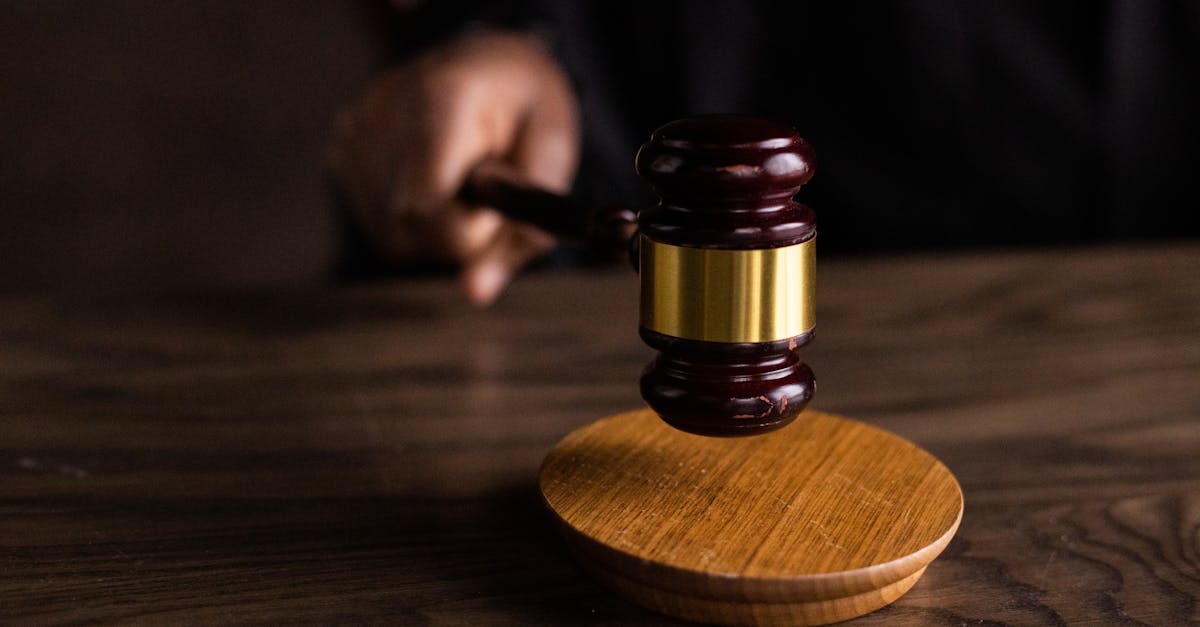Ever wondered why understanding NFT law is becoming essential? You’re not alone. NFTs are shaping the future of digital ownership, and with that comes a whole new set of rules. From digital assets to intellectual property, the legal landscape is constantly evolving. It’s like navigating a whole new universe where blockchain technology intersects with law. Even if you’re just dipping your toes in the NFT marketplace or you’re a seasoned investor, knowing the laws can save you a lot of headaches down the road.
NFT regulations cover everything from copyright issues to smart contracts. These aren’t just buzzwords; they’re the backbone of ensuring security and fair play in transactions. The world of NFTs is packed with opportunities for profit and innovation, but it also comes with potential legal pitfalls. Understanding these complexities can protect your assets and ensure compliance with regulations. Plus, as the market heats up, staying informed helps you spot emerging trends and navigate them with confidence.
Curious to learn how to protect your digital assets and harness opportunities in the NFT space? Let’s dive into the crucial aspects of NFT law together. Your future self will thank you!

Inside the story
Understanding NFT Law
What is NFT Law?
I think of NFT law as the set of rules that govern digital assets. These laws are important because they provide a framework for how NFTs are created, bought, and sold. Without such laws, it would be challenging to resolve disputes involving digital assets law and ownership. When I first learned about NFTs, I realized that understanding the legalities is crucial for anyone involved in this space, whether you’re an artist, buyer, or developer.
Role of NFT Regulations
For me, NFT regulations are like the rules of the road, ensuring that NFT marketplaces operate legally and fairly. These regulations help protect all parties involved by setting guidelines for transactions and protecting against fraud. I often find it reassuring that regulations can help prevent issues like fake NFTs or scams. They establish a level playing field that makes NFT trading more secure and trustworthy.

Photo provided by KATRIN BOLOVTSOVA on Pexels
Impact on Digital Assets
Digital Ownership Clarified
When it comes to digital ownership, it’s not just about owning a file or piece of content. Ownership involves understanding intellectual property rights associated with the NFT. I remember thinking that having an NFT doesn’t always mean you own the artwork or music outright. Instead, you might have rights to display or resell it. Therefore, it’s essential to know what rights come with the NFTs you own.
Smart Contracts and Blockchain Technology
Smart contracts are one of my favorite parts of NFT transactions. They help automate and ensure secure transactions. Imagine a contract that executes itself when conditions are met. That’s what smart contracts do on the blockchain. I find them fascinating because they eliminate the need for intermediaries, which makes transactions quicker and potentially reduces costs. Furthermore, using blockchain technology ensures transparency and security, which is vital for building trust in digital transactions.

Photo provided by Kindel Media on Pexels
Legal Challenges and Opportunities
NFT Copyright Issues
Copyright is a big deal for creators. I often worry about NFT legal issues like copyright because it’s essential to protect digital works. If someone creates digital art or music, they have rights to that creation. But the decentralized nature of NFTs can make enforcement tricky. Nevertheless, copyright ensures that creators can benefit from their work, even in this new digital landscape.
Cryptocurrency Law Considerations
Cryptocurrency laws also play a role in how NFTs are traded. I find it interesting that these laws can affect NFT transactions, especially when considering the different regulations across countries. For instance, how taxes are applied or the types of transactions allowed can vary. Therefore, understanding these laws can help avoid trouble. Staying updated on these rules is crucial for anyone involved with NFTs.

Photo provided by Photo By: Kaboompics.com on Pexels
What to Do About NFT Law
Stay Informed on Digital Assets Law
I believe it’s important to continually learn about the evolving digital assets landscape. This means keeping up with changes in NFT regulations and digital ownership. I often read articles and attend webinars to stay informed. Understanding these changes helps in making better decisions regarding buying or creating NFTs.
Seek Legal Guidance
Sometimes, navigating NFT laws can be complex. That’s why I consult with experts for NFT-related legal advice. These professionals can offer guidance on specific issues, ensuring that I comply with all necessary regulations. Reaching out to a knowledgeable attorney can save you from potential legal headaches down the road.
Empowering Your Digital Asset Journey
Understanding the importance of legal frameworks around digital assets can safeguard your investments and creativity. By grasping key benefits such as asset protection and intellectual property rights, you are better prepared to navigate the NFT marketplace. Learning about these laws equips you with the tools to prevent potential pitfalls and enhances your opportunities for growth and security.
Start by educating yourself on the basics of digital asset regulations and intellectual property. Consider consulting with experts who can offer personalized advice tailored to your specific needs. Joining online communities or attending webinars can also provide valuable insights and keep you updated on the latest trends and changes in this ever-evolving field. Taking these steps ensures you stay informed and proactive.
Now’s the time to act. Reach out to a trusted legal advisor or join a community focused on digital assets. Taking these steps not only protects your current investments but also paves the way for future success. Your digital journey deserves the right foundation, so don’t wait—start empowering your path today!
